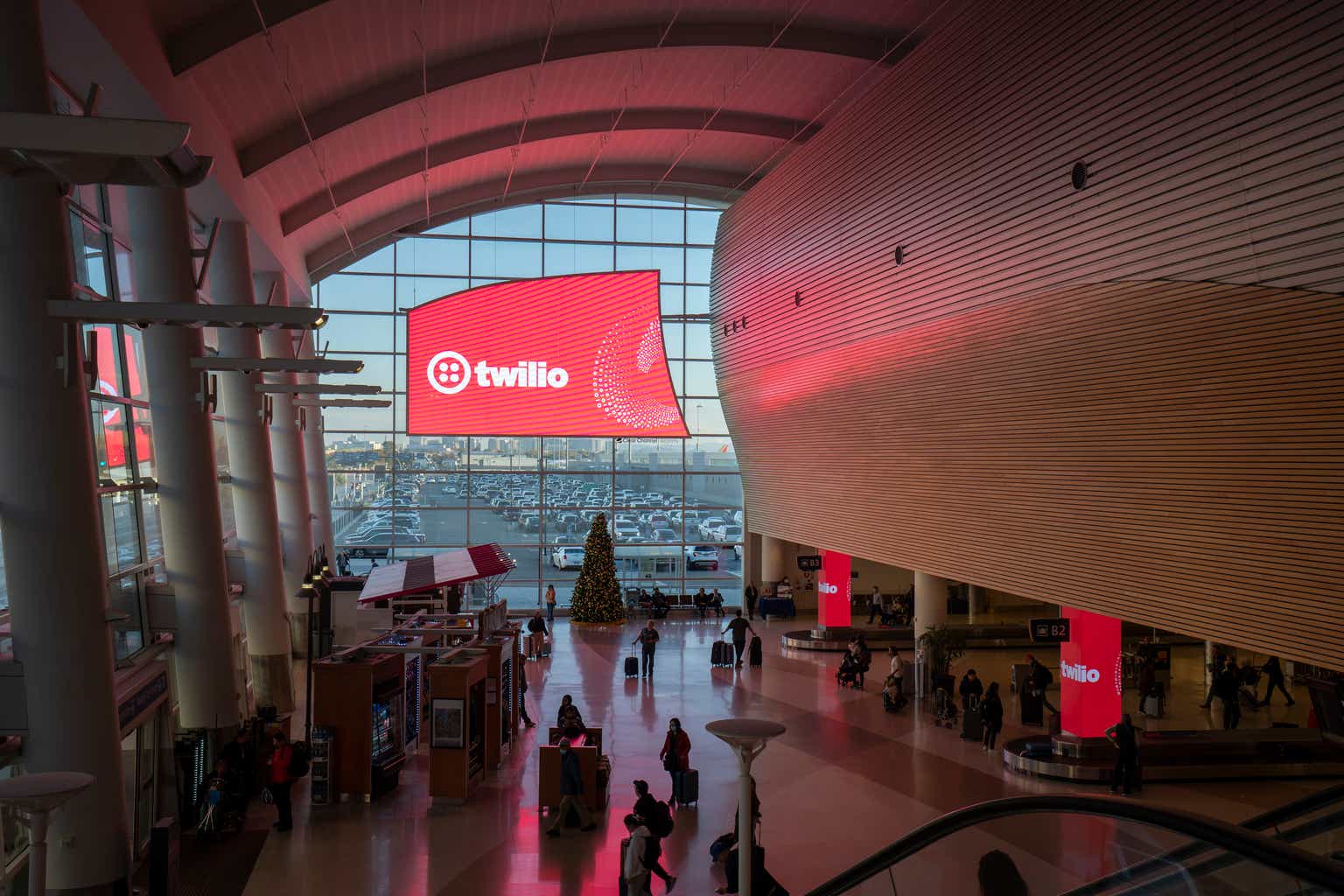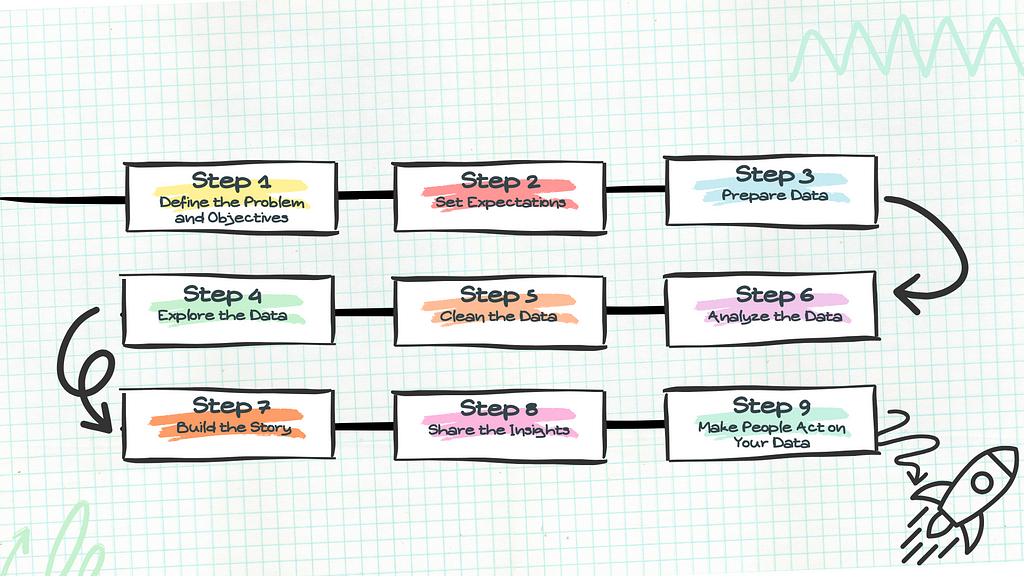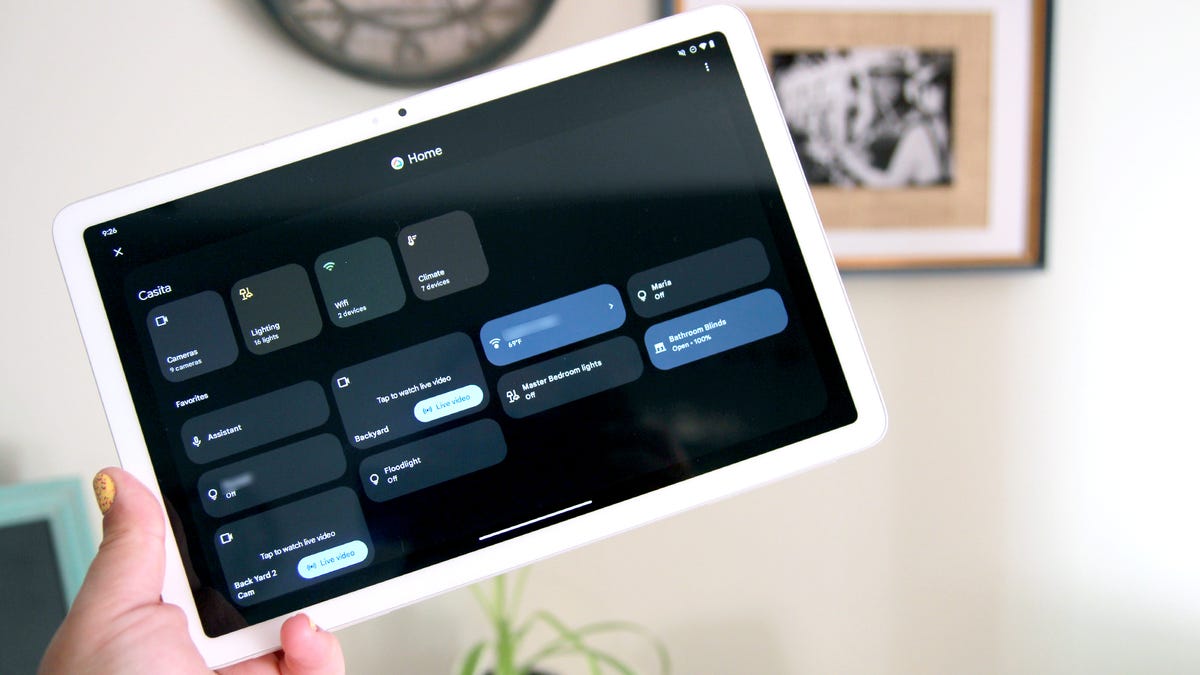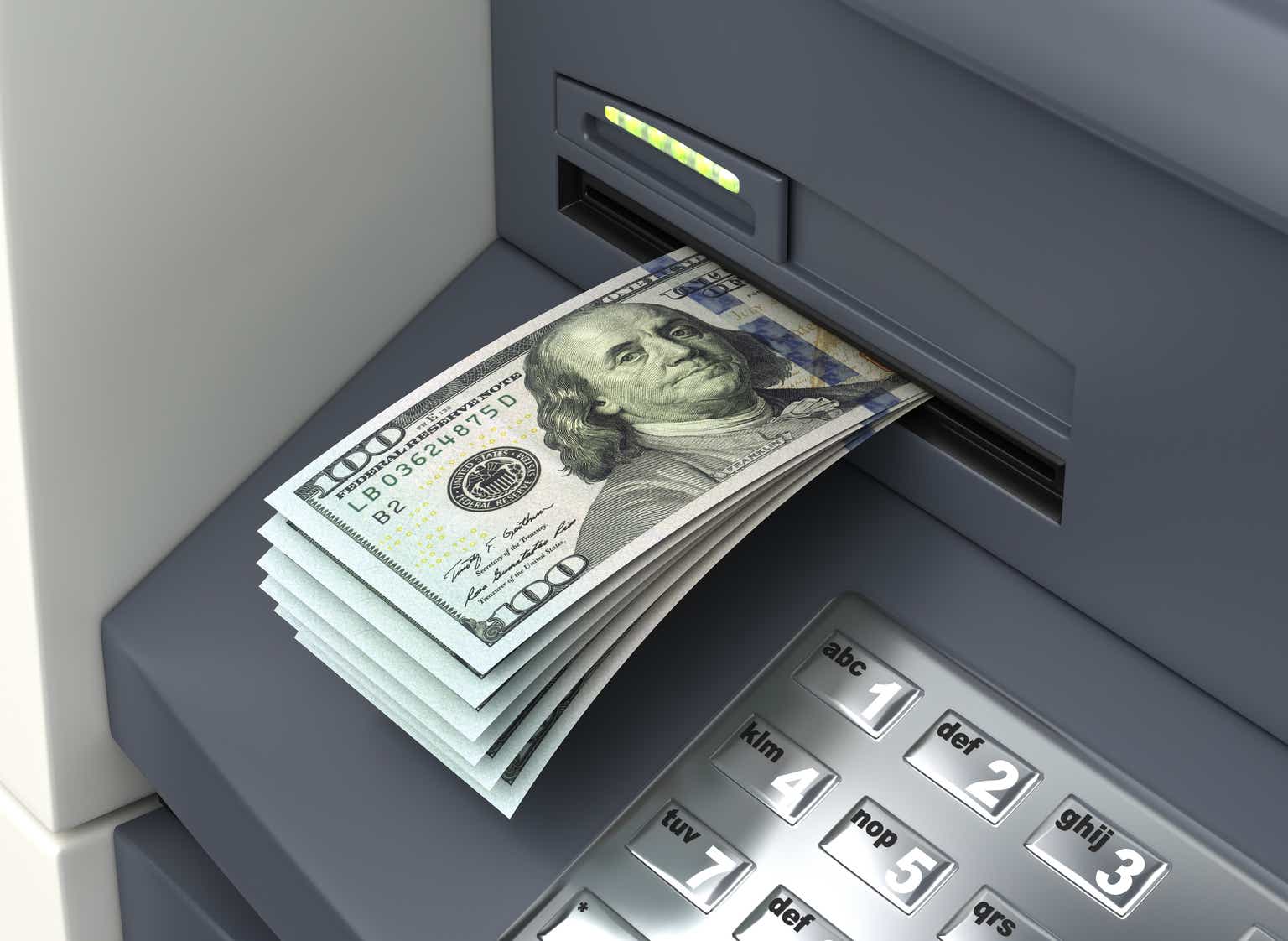I moved to China from the US to be a teacher. My $4,000 monthly salary went much further, but there were tradeoffs.
Tatiana Smith spent five years teaching in China. Although the cost of living was more affordable, she felt that China was as capitalistic as the US.
Courtesy of Tatiana Smith
- Tatiana Smith spent five years teaching English as a second language in China.
- She lived in Beijing mostly, which was much bigger and busier than her hometown in Illinois.
- Smith said the cost of living is more affordable, but she experienced racism as a Black expat.
This as-told-to essay is based on conversations and emails with Tatiana Smith, 36, who spent five years teaching English as a second language (ESL) in China. The following has been edited for length and clarity.
For the vast majority of my life, I've lived in Illinois.
I grew up in a very impoverished environment, so I didn't believe that I would ever see the world. When I was 29, I joined the Peace Corps. I traveled to Liberia, an African country full of people who look just like me, which is cool but also impacted how I related to the country.
I could blend in, but I was very curious to know what it would be like to go someplace where they did not think I was native.
In 2018, I visited China and explored Zhengzhou, in the Henan Province on a tourist visa. In 2019, I officially moved to Beijing on the Z-visa, or the worker's visa. To get it, you need a job that will write you a letter, a physical, and a clean background check.
I came back to America in August 2024 to spend time with my family. By that time, many of my friends, other expats, had also left.
I've noticed big misconceptions between the US and China since I've returned.
China is surprisingly capitalistic
The unspoken rule of talking about politics when you are in China is that you do not talk about Chinese politics. That was made very clear to me.
I've heard a lot about how China's communist regime, but in terms of what I experienced it felt just as, if not more, capitalist than America.
Luxury is big in China. There is a whole section of Beijing where all the luxury stores and expensive places are. Kevin Frayer/Getty Images
In China, they promote entrepreneurship. There's a lot of opportunity to open a business and the threshold to do so is very low if you're Chinese.
There's also a lot of business turnover. If a business left an area, something else entered very quickly. In Beijing, if I'd walk by a closed shopfront that used to be a grocery store, a month later, it was like a hair salon.
As a teacher, life is more affordable
When I came back to the US and explained my lifestyle to people, there was a real cognitive dissonance around life in China.
For example, a teacher in America does not make a whole lot. As an expat teacher in China, my starting salary was 28,000 RMB, roughly a bit over $4,000 a month now.
In China, they have their version of Uber called DiDi. I could take a DiDi to and from work for less than $10 a day. Taking a US Uber for 15 minutes now costs me $20.
I made enough that I was able to eat out almost every day. Cooking was something that I did so rarely that it was an event, and I would invite my friends over.
I could finally pay off all my bills back home and have money to travel. It was much harder to escape a scarcity mindset in the US.
Chinese food in America is nothing like Chinese food in China
When I had Chinese food in China, it was dramatically different. At an American Chinese food restaurant, it's basically American cuisine coated in sugar.
But I'd say the bigger differences were in the style of eating.
As an American, we eat from our own plates, but in a lot of Asian countries, particularly China, you have a shared eating situation. Courtesy of Tatiana Smith
It wasn't like Thanksgiving, where you're served your portion on your plate. You order multiple plates and actively eat out of the same plate that everybody else was eating out of.
That took some getting used to, but hot pot, for example, became one of my favorite things. You can do individual hot pot, but the group ones were always the most fun.
Racism and discrimination arise differently
For the most part, I felt very welcomed in China. But I don't want to paint China as a glorious, perfect place because it's not.
The Uygurs and other minority groups are being persecuted in China.
As a Black expat, I dealt with some racism. Part of Chinese culture is the idea that being white is a sign of wealth and privilege, so the lighter you are, the more beautiful you are.
One time, one of my co-teachers said to me: "Oh my god, Black is so ugly. I can't get darker." She didn't recognize how I would take it. Courtesy of Tatiana Smith
It was an intense experience with COVID.
When America started reacting with anti-Chinese sentiment, there was a strong anti-American sentiment in China as a response.
One time, I went to the bank to transfer money, and one of the tellers threw my passport back at me, and they were just like, "We won't serve you."
In the US, people have been killed in racist attacks. Whereas in China, racism is prevalent, but felt less dangerous.
The pandemic wasn't scary, but I will say uncomfortable. The pro side was that the expat community bonded. We were more open and tried to build friendships because it was necessary for our mental health.
What's Your Reaction?




















![[DEALS] The Ultimate Microsoft Excel Certification Training Bundle (37% off) & Other Deals Up To 98% Off – Offers End Soon!](https://www.javacodegeeks.com/wp-content/uploads/2012/12/jcg-logo.jpg)






























